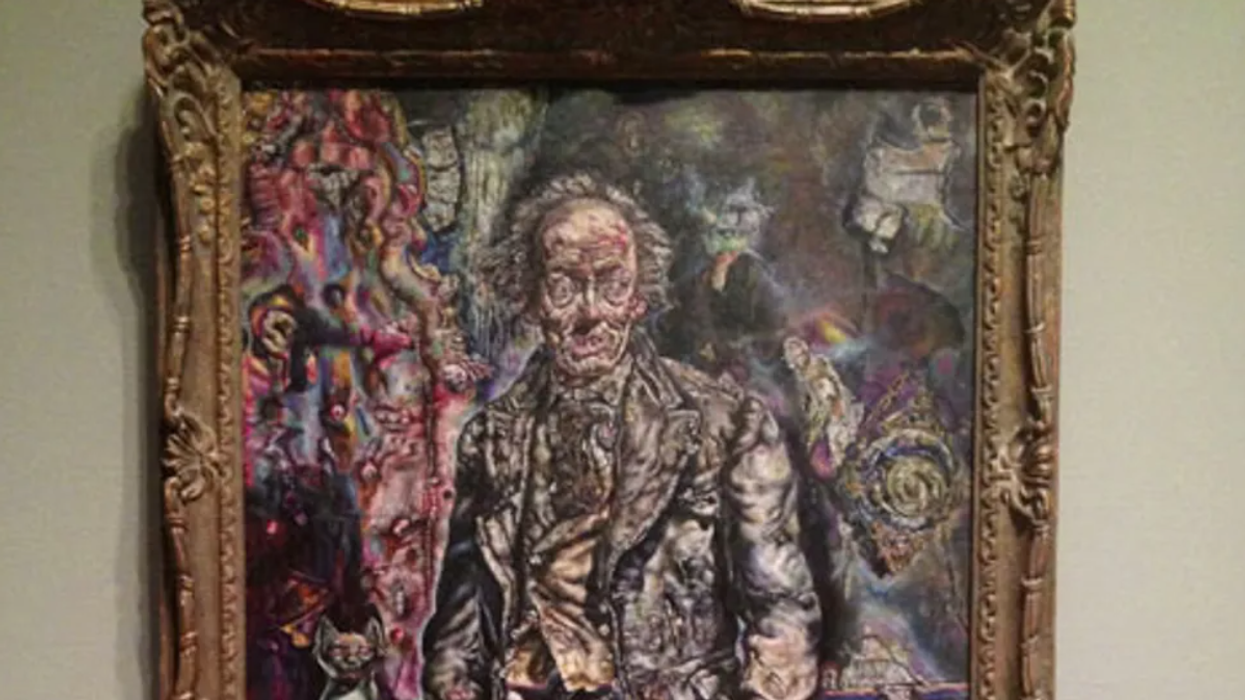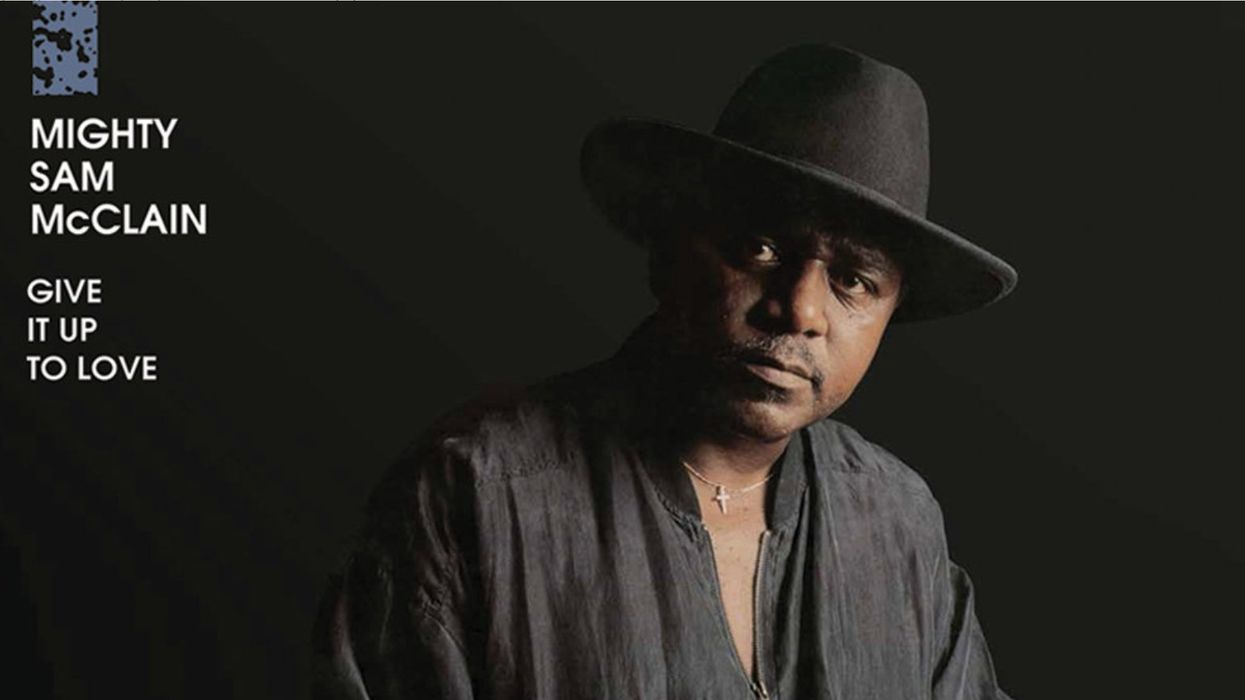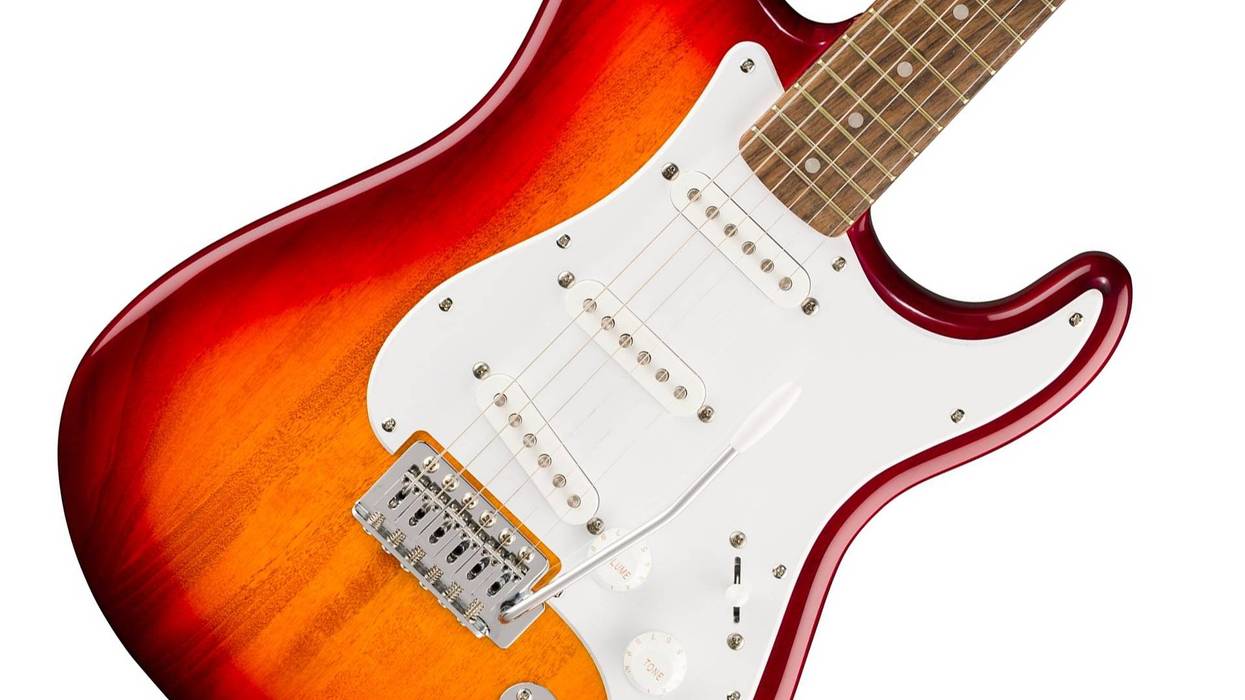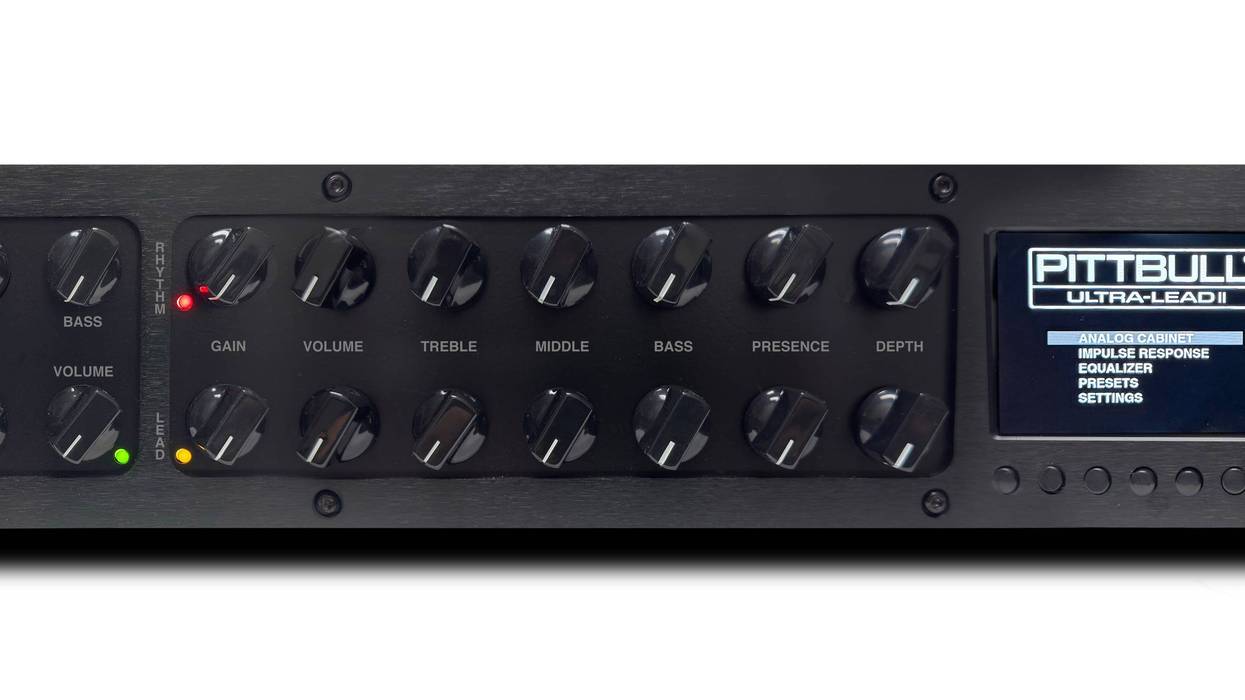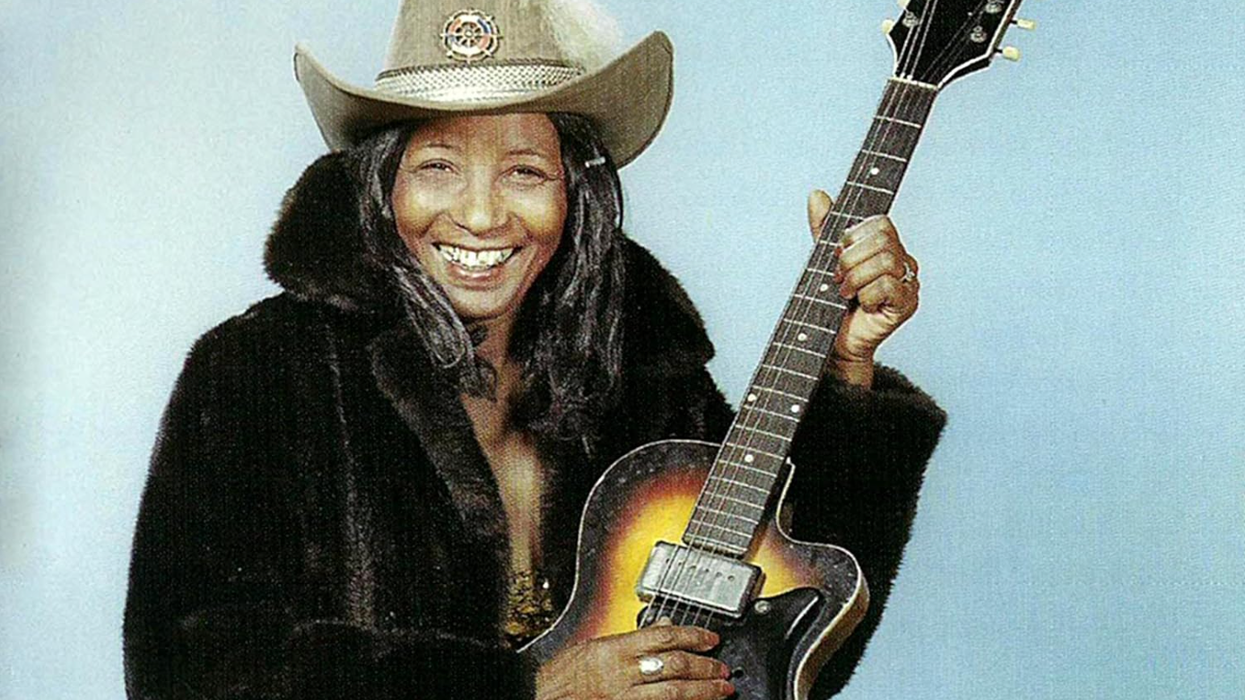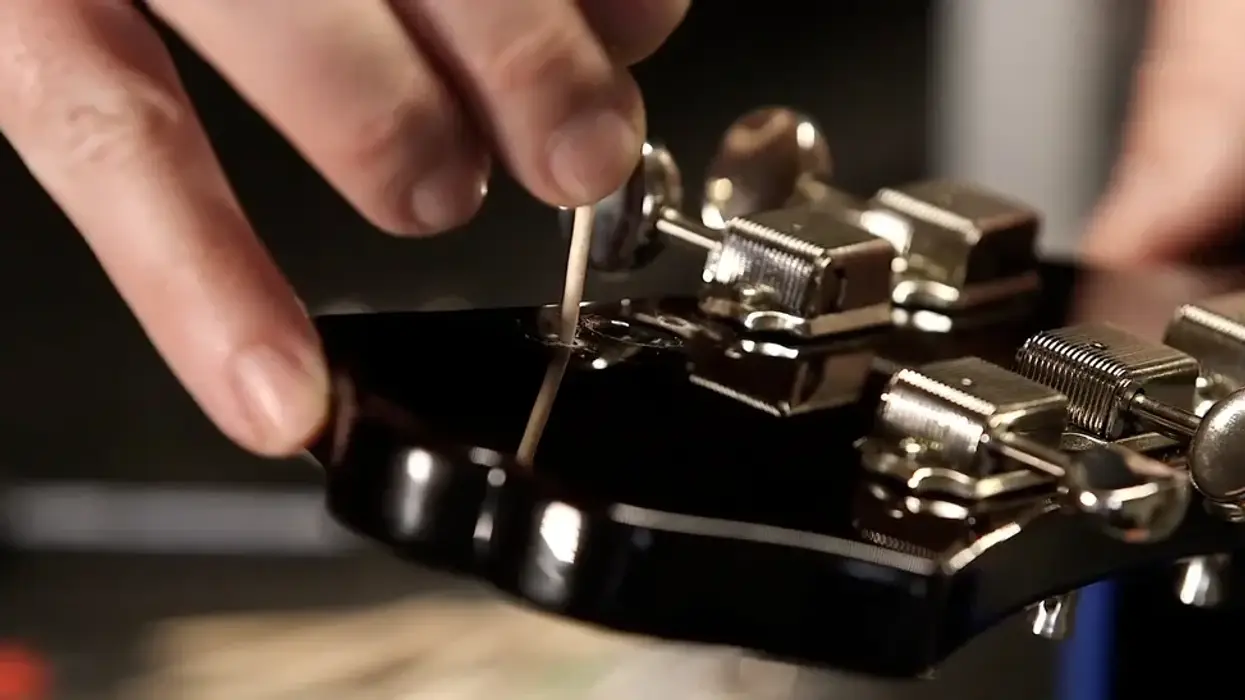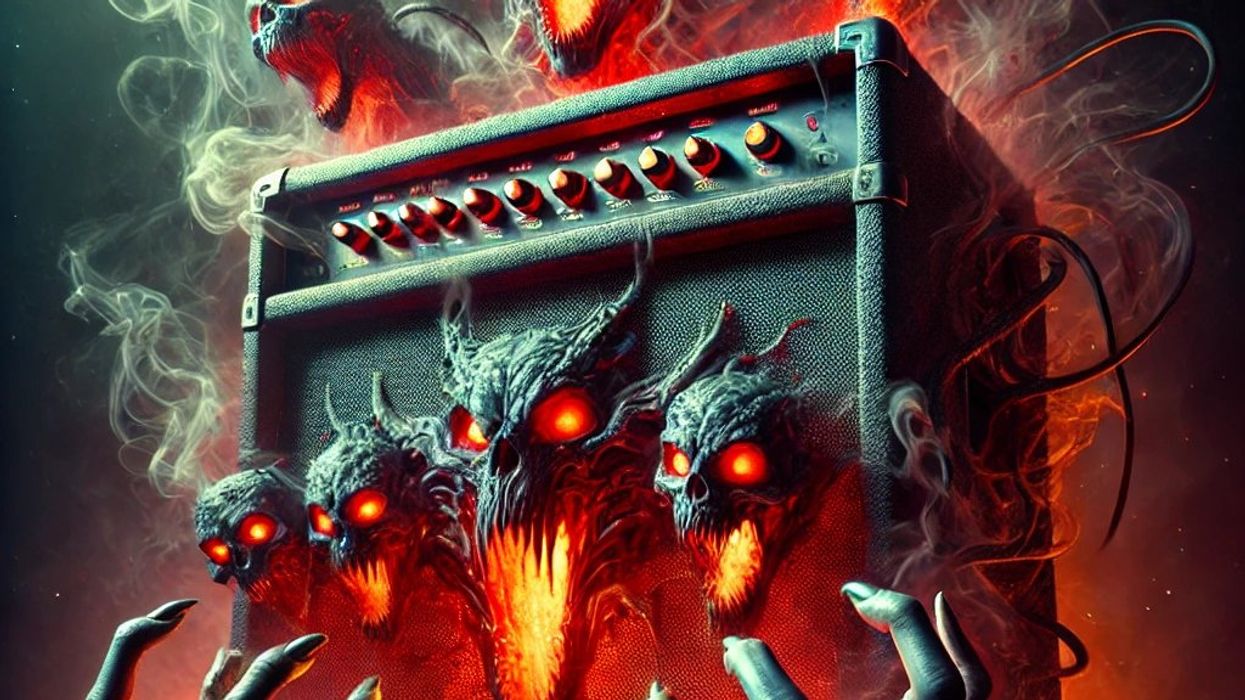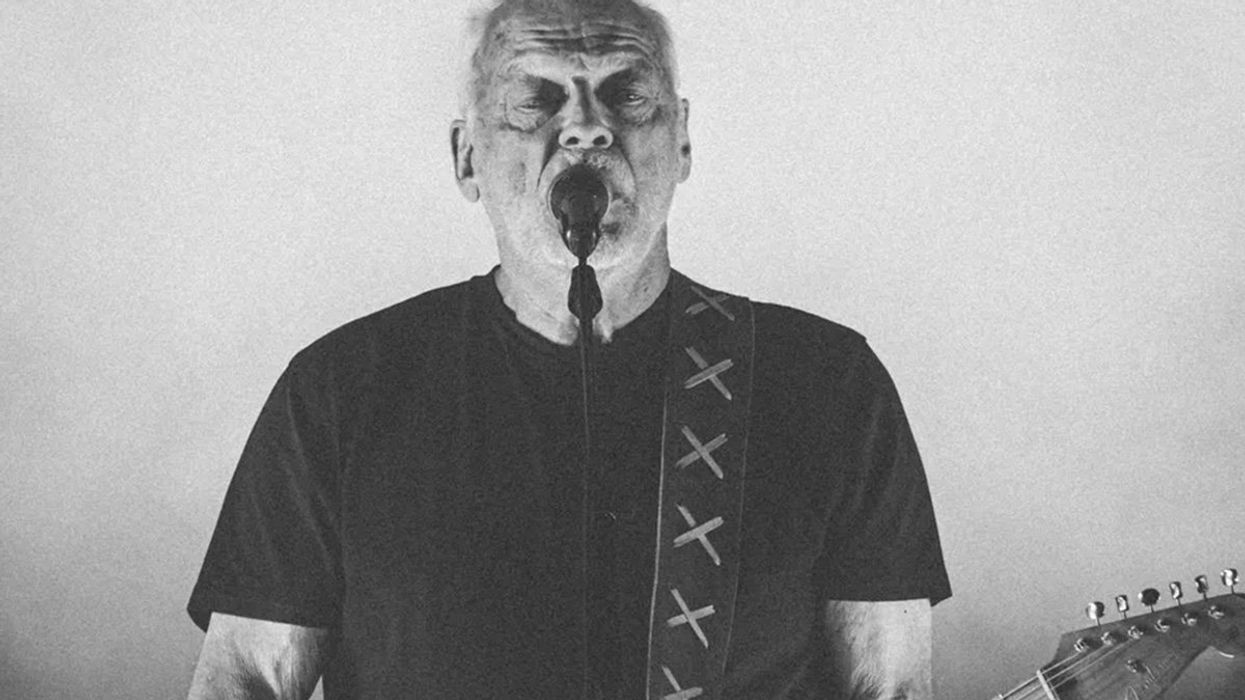Not to get all hippie-dippy—I'm not the hugest fan of all that circle-of-life crap—but isn't it funny how we all do kind of fly in these mysterious orbits around the invisible black holes of our history and genes and chemistry and who-knows-what-else? Flung around our little universes, we try to forget about mortality's gravitational pull—try to focus on paying the bills but remember to let in a little light from the imploding star of unrealized (and kind of stupid) dreams and fantastically unexpected opportunities so it can feed new life springing up around us… try to remind ourselves all that stuff composes the dynamics that make this prolonged state of breathing and atria pumping the crazy, unpredictable, terrifyingly exhilarating epic psych-prog jam that it is. We're always trying to find meaning and purpose on macro and mondo scales—always thinking/knowing/wishing there are/were some assurances after we're compacted into the dense mass of elemental existence before exploding into oblivion like the signal coming out of J Mascis' wall of Marshalls.
Yeah, life can be heavy sometimes.
Speaking of circles of life and getting all we can out of it, 16 years ago my wife and I were contemplating names for our first son. We wanted something unique—but not weird enough that he'd someday blame it for sociopathic behavior. I kind of liked “Dorian." I hadn't yet read Oscar Wilde's brilliant novel The Picture of Dorian Gray, so I must've been spending too much time on fretboard scales. My English-major brother alerted me to the faux pas of naming your kid after a dashing, forever-young rich bastard who lives as scandalously as possible and actually enjoys watching his soul corrode in a mysterious painting.
So yeah, we canned that idea. But over the years Wilde's masterpiece became one of my favorite books. Sometimes I regret being deterred. I mean, hardly anybody knows about its elegant prose and dichotomous tale of debauchery and moral insight, so who would've given our kid crap for it anyway?
I still kind of like the villain's name. But I don't think it has anything to do with scales now. Maybe it's because we all struggle with the things Dorian did: Our nerve endings tell us to seek out everything that's pleasurable and easy, while our brains speak to us of practicality and self-preservation and maybe some sort of philosophical or faith-based morality. Our hearts long for fantastic, paradoxical possibilities to avoid death and pain or prolong ecstasy.
But it's okay to have some Dorian DNA in us—to want the best of this existence and never cease looking for new experiences that brighten the tapestry of life. To not let routine and complacency bleach its brilliance.
Most of us aren't stupid enough to think, like Dorian Gray, that loyalty to nothing but the pleasure center of our brain is a road worth following. But plenty of us are too busy, discouraged, complacent, or incurious to find the grain of truth around which the black pearl of his warped philosophy grew.
I guess what I'm saying is it'd be a tragedy to become as dead to life's new possibilities as Dorian was to his conscience. The day you're hardened to the cosmic hippie stuff and become indifferent to squashed squirrels festering in the road or wide-eyed fawns eating in the grass outside the office window is the day you start rotting inside. And you're completely screwed if you don't love that your kids helped you, say, rediscover the same Metallica album you bought new at 15, or don't laugh when they lambast mainstream songs you kind of like—right after asking you to download the Top 40 tune you hated in high school. The day you think there's nowhere new for your songs, tone, or playing style to go, you're SOL.


